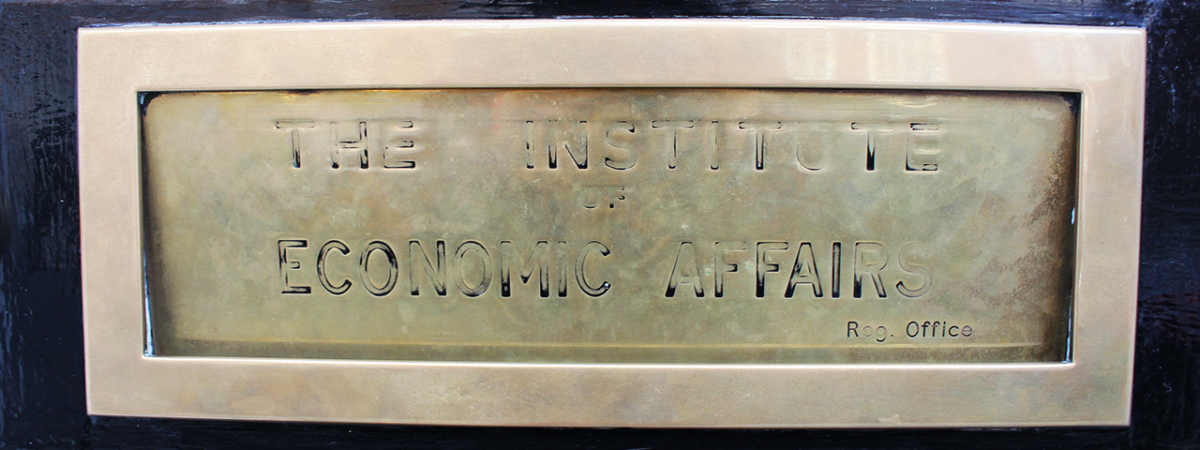Are we in for a “summer of discontent”?
SUGGESTED



But let’s put this in context. On Wednesday the Department for Business, Energy and Industrial Strategy published its annual Statistical Bulletin on Trade Union Membership and it makes grim reading for trade unionists. The proportion of UK employees who were trade union members in 2021 fell to just 23.1%, the lowest proportion since current measurement began in 1995.
Trade union membership is nowadays primarily a public sector activity. 60% of all union members work in the public sector, where the unionisation rate is 50.1%. In the private sector it is now just 12.8%. And even that figure is a bit misleading. Concentrations of private sector unionism are found mainly in legacy industries, previously in the public sector – such as Royal Mail, water, gas and electricity, or else in charities and the voluntary sector. Union presence in newer sectors such as information and communications is often nugatory. And there are far fewer unionised private sector workers than there are self-employed people.
Nor are union members particularly well-represented amongst the poorer members of the workforce. There are heavy concentrations of workers paid at or near the minimum wage in retailing, textiles, hair and beauty and food services and accommodation. Yet unionisation rates in these sectors are usually less than 10%.
Although there are certainly many poor union members, on average trade unionists are a relatively privileged group. Although highly-paid union members such as doctors, train drivers and senior civil servants may be unrepresentative, union members are typically paid significantly more than non-union members, and in the public sector have better pensions. They are more highly educated, being more likely to have a degree or other HE qualification than non-unionists, they work shorter hours, are more experienced and have been in their job longer than other workers. Significantly, given growing concern about intergenerational inequalities, they are on average much older than the workforce as a whole. 41% of all union members are aged 50 and over, but only 4.3% are aged between 16 and 24 and there are no signs that younger workers are joining unions in anything like the numbers in previous generations.
Given this context, how should the government react to union demands for big increases in pay and guarantees of job security?
I’d argue for caution. The current cost of living crisis has more obvious victims than the trade unionists currently threatening action. Hasty attempts to buy unions off by increased wage settlements – such as Boris Johnson’s rumoured offer of 5% to the RMT – or by ‘no redundancy’ guarantees (when we are intending to lose 91,000 civil servants and the railways are carrying less than 80% of pre-Covid passengers) are hostages to fortune.
As we have seen this week, no member of the current Cabinet is old enough to remember the wage-price inflation of the 1970s and the pickle governments would repeatedly get into when concessions to one group of workers simply led others to put in higher claims. While big wage increases cannot themselves generate inflation, and Andrew Bailey of the Bank of England could have put his argument rather better, they can make the required monetary correction much harsher and more damaging than it might otherwise have been. And big pay increases funded by the taxpayer simply add to the fiscal deficit and imply higher taxes or yet more borrowing.
When the Thatcher and Major governments undertook the long process of trade union reform which changed the UK’s industrial relations framework for good, it was a gradual, planned process . No such plan exists today, and hence the danger of panicked reaction to an escalating battle with the unions.
Taking the specific example of the railways, the move to bring the system under the control of a new – still vaguely-defined – Great British Railways has had the effect which I predicted a while ago of turning disputes with individual train operating companies into a national strike directed at government policy. In Scotland, Nicola Surgeon’s decision to nationalise ScotRail has made this even more obvious.
Transport Secretary Grant Shapps was not totally unaware of this possibility. Back in 2019 he committed the government to legislation to guarantee minimum levels of service during rail strikes, but with Covid and other matters intervening, nothing was done to implement this. It is too late to bring a bill forward given the imminence of strike action. Nevertheless, whatever the outcome of this particular dispute, the government might well want to proceed with this proposal with a view to the future. It is not, incidentally, a wild right-wing idea. Provisions for minimum service levels are found in many countries including Belgium, France, Spain and Italy.
As for civil servants, again, little can be done in the short run. But bear in mind that in Germany, all civil servants (which, incidentally, include most German university lecturers) are forbidden to strike. While some UK public sector employees, such as the police, are already banned from striking, the government could consider widening this restriction.
Perhaps such measures are not a priority. But the government does need to think more seriously about trade unions and industrial relations in a way nobody has done for more than a generation. The danger today is not the anarchy and economic insanity facing the incoming Thatcher government in 1979. But we do face a very difficult situation where living standards of some groups are falling sharply, and we should not allow an already relatively privileged group of workers to push their way to the front of the queue for any mitigation that the taxpayer can offer.




